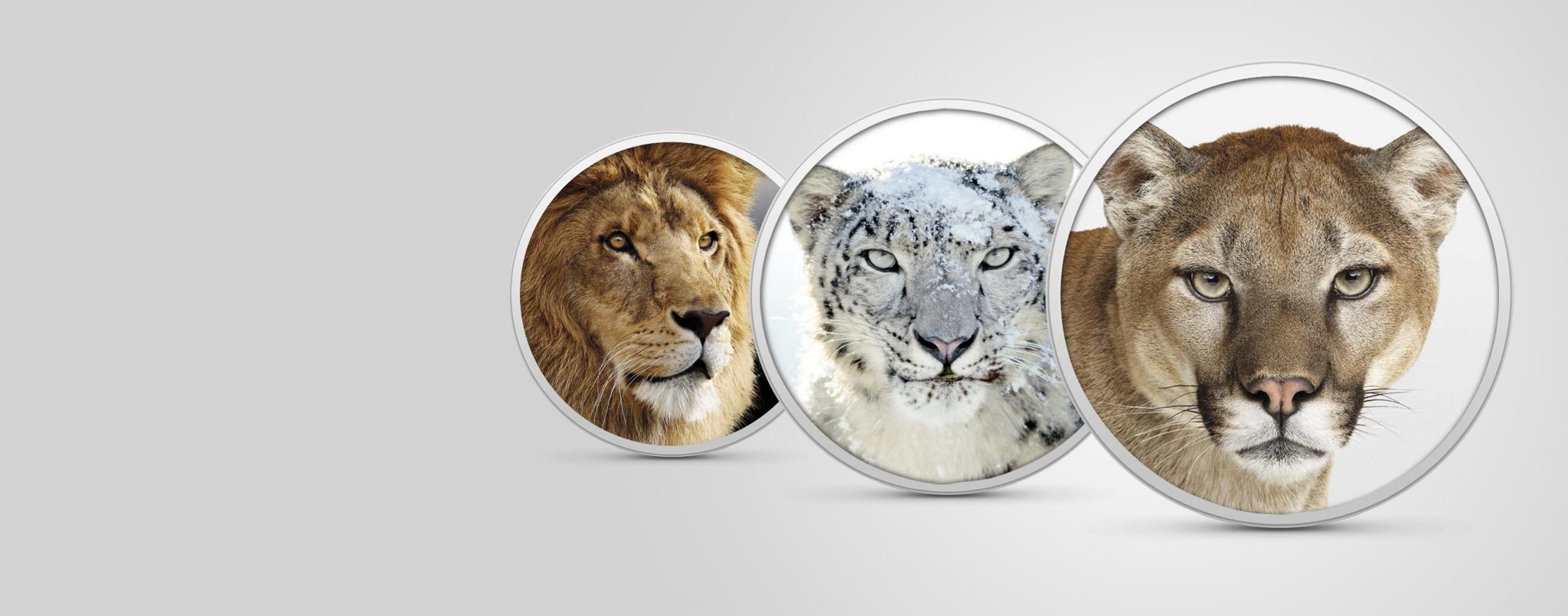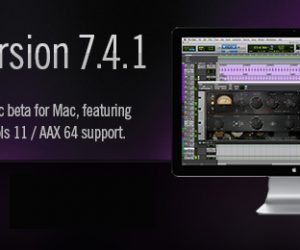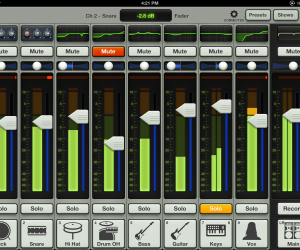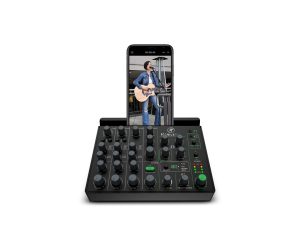
MAC NOTES
Text: Anthony Garvin
Mountain Lion, aka Mac OS X 10.8 has just been released. Most of its top new features follow on from the Lion release, continuing to align Mac OS with iOS, and to me look like pretty cool tools for day-to-day use — Reminders, Notes, iMessaging (including to iPhone users), sharing and more. Particularly for anyone teaching (like me), Airplay mirroring looks useful as it allows you to send video and audio from your Mac to a television wirelessly, via an Apple TV, for the benefit of other viewers. And then there are 200 or so more additions to Safari, Mail, Preview, iCloud, security and so on. But I’m finding nothing that will make a huge difference to DAW use.
However, sooner or later, if you intend to stay current with your computer-based tools, you will have to update — no developer or manufacturer can keep support up for non-current systems indefinitely. Along with the usual pains of upgrading your operating system and having to deal with software and hardware incompatibilities, I’ve often wondered how much of the computer’s performance is sacrificed for the new Mac OS features. So with the Mountain Lion release I decided to put this to the test.
TESTING, TESTING…10, 9, 8
I set up Mountain Lion, and its predecessors Lion and Snow Leopard, on three identical Macs and ran the latest versions of Pro Tools 10, Logic 9 and Ableton 8 on each of the three systems to see how they performed. The systems I used were Core 2 Duo 2.8Ghz MacBook Pros with 4Gb RAM, which are by no means the latest and greatest machines available, but what is currently a fairly average in-the-field computer.
By running the included demo sessions with each of the DAW’s and using Activity Monitor to observe the ‘idle’ CPU I could gauge the performance differences across the three OS’s. I chose bar 32 to be the benchmark location, and by repeatedly playing back the projects, I observed the CPU meter at this point. I performed over 60 playback tests, interspersing them with restarting the applications numerous times, rebooting the systems and changing playback buffer sizes — and the results were quite surprising!
Because across the three OS’s, there wasn’t a tangible difference in CPU performance.
Regardless of the DAW, the difference in CPU performance was so insignificant each time that I couldn’t prove one OS was any better performing than another. I did notice that in some cases, more RAM was consumed on the newer OS’s, but that varied between applications, and was not a large enough difference to cause concern for me.
So, there’s one less reason not to update your OS. The price of Mountain Lion, at $20.99, is also one less obstacle.
KEEP IT CLEAN
If you do decide to take the plunge, here are a couple of tips for undertaking the install:
• Do a clean install, and preferably don’t use the migration assistant to copy accounts or applications over. Start fresh! In fact, if you are updating/installing any software frequently, do a clean install once every 12-18 months. You’ve probably heard it before, but it really does make a huge difference to performance. I have the same model mac as the computers I was testing on, and they were more responsive on all OS’s due to the fact they were running on fresh installs.
• Think about setting up a dual boot system whilst experimenting with a new OS. This way you don’t have to erase your old system to make way for the new, and you can switch between both just by restarting. To do so, start by using Bootcamp Assistant to create an additional MS-DOS (FAT) partition on your boot drive (intended for installing windows). Once that is done, quit the Assistant and run Disk Utility to re-format the new partitions as Mac OS Extended (Journalled). This is a quick and no-cost method for creating a second bootable partition on your mac.
• Check out Avid’s Mac OS X Optimizations and Troubleshooting guides on their website, regardless of whether you are using Pro Tools or another DAW.
• Download OnyX and run the ‘automated scripts’ periodically, for a quick spring clean on your system.
• Think about setting up two user accounts — one for your music use and another for general day to day use. It provides an extra safety net if something goes wrong, but it also helps me keep a bit of separation between emails and music… When I log into the music account, I’ve got a specific setup free from ‘office’ applications, and a layout to keep me focused on music without distractions.
• Unfortunately, internet security has recently become a bigger issue for Mac users, with the Flashback trojan recently infecting hundreds of thousands of mac users. Keep your wits about you, and keep an eye on Software Update for security updates. Mountain Lion includes a feature called Gatekeeper, which allows you to automatically block software installations that either aren’t from the App Store, or from a source that has a recognised Developer ID.
I think I’ve convinced myself to upgrade…..
Mac Notes Issue 91 AudioTechnology Magazine Mac Notes 91 Mac Notes 91

















RESPONSES